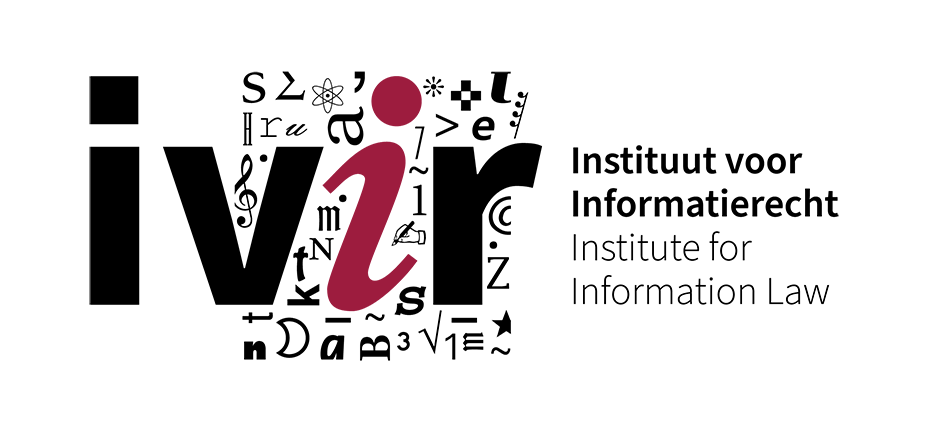A publisher’s intellectual property right: Implications for freedom of expression, authors and open content policies
Openforum europe will officially release on 11 January 2017 its academic paper on “A publisher’s intellectual property right: implications for freedom of expression, authors and open content policies”, authored by Prof. dr. Mireille van Eechoud. The executive summary is available on our website and the author will present the paper during the first panel of the EPP hearing hosted by MEP Therese Comodini Cachia, rapporteur for the Copyright Directive.
Context and purpose of the academic paper:
The Commission’s public consultation on an “ancillary right” for publishers has raised substantial legal and policy questions about the need for, nature and effectiveness of a separate legal right for publishers to control and/or monetize the use of content published by them. The purpose of this academic paper is to unpack the key legal arguments in favour and against the introduction of additional IP rights for publishers.
The conclusions show that even if the existence of market failure was sufficiently clear, and existing copyright not a good enough instrument to address it, the larger question is whether the introduction of an exclusive right in the content of periodicals as we traditionally have known them makes sense in light of changing readership habits. Moreover, not only the introduction of such a broad right might backfire on journalists and the press as users of information, but it could also have an impact on existing open data and open science policies, impact which should not be neglected.
The paper also addresses the need to recognize that to create exclusive rights in information for publishers is necessarily to interfere with the freedom of expression of others and such a regulatory intervention needs to contain a clear assessment of the pressing social need which such a right would serve, of its proportionality and of alternative solutions.
With respect to press publishers’ right as an alternative means to enforce copyright, the paper addresses the argument that if enforcement is substantially hindered by the fact that publishers often are not initial owners of copyright, but licensees or successors in title (and thus need to be able to prove when challenged that they are entitled to enforce), then much less drastic solutions could be conceived.
When: 11 January 2017, 14:30-16:00
Where: Room A3E-2, European Parliament, Brussels

